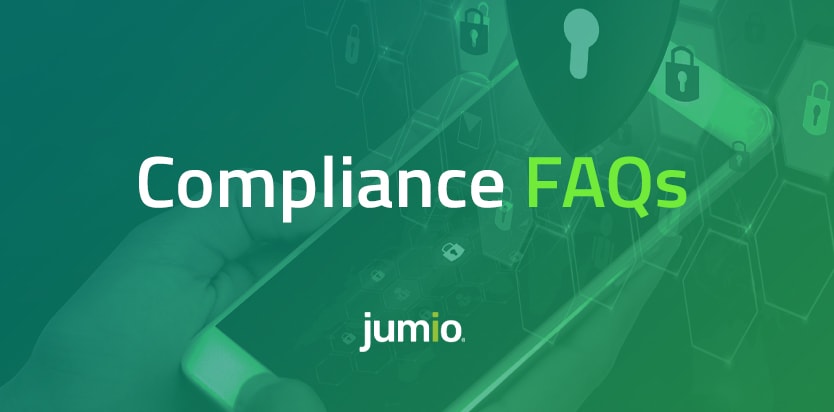
The Financial Industry Regulatory Authority (FINRA) protects investors in the United States from financial crime. It achieves this goal by establishing and overseeing the rules and guidance that regulate the US broker-dealer industry and the trade of financial assets.
FINRA structure
FINRA formed in 2007. It originated from the consolidation of the National Association of Securities Dealers (NASD) and the regulatory committee of the New York Stock Exchange (NYSE). This consolidation created a single authority on legislation for brokers and dealers. And it successfully removed overlap between the two organizations.
Today, FINRA operates as the largest non-governmental, not-for-profit, and self-regulatory organization aimed at protecting investors in the United States. In order to meet its goals, FINRA emphasizes the transparency of its securities firms.
FINRA is a large organization. It encompasses over 4,500 brokerage firms, over 162,000 branch offices staffed, and over 600,000 securities representatives. Based in Washington DC and New York, FINRA has 16 administrative offices with 3,600 employees. It also has 11 district offices as well as 70 hearing offices across the states and in Puerto Rico and London.
Roles and aims
The main role of FINRA is to establish and oversee the rules that regulate the US broker-dealer industry and the trade of financial assets. These assets include corporate bonds, equities, securities futures, and more.
As a regulatory body, FINRA looks for suspicious activities. It also educates investors. Lastly, it surveys US firms to see whether they are abiding by the established rules.
One of FINRA’s key aims is the transparency and integrity of its securities firms. To ensure that firms meet these core values, it takes actions to confirm that:
- Investors receive basic protections
- All securities products adhere to proper standards (including testing, qualification, and licensing)
- All advertisements regarding securities contains accurate information
FINRA verifies compliance with Anti Money Laundering (AML) and Bank Secrecy Act (BSA) regulations. It outlines the important criteria that US firms must meet. It also provides official AML forms to ensure that firms are in proper compliance.
Fines and penalties
Each day, FINRA processes billions of interactions. And it regularly entrusts hundreds of cases to other organizations, including the Securities and Exchange Commission (SEC).
As a part of meeting the goals outlined above, FINRA levies fines and penalties to non-compliant organizations. For example, in 2018 it took the following actions:
- Brought 921 disciplinary actions against registered brokers and firms for unethical behavior.
- Levied $61 million in fines.
- Ordered $25.5 million in restitution to harmed investors.
- Referred more than 900 fraud and insider trading cases to the SEC and other agencies for litigation and/or prosecution.
Compliance
Clearly, securities firms must take the FINRA rules seriously in order to avoid fines. Jumio provides a world-class platform that enables firms to meet their regulatory compliance obligations. Request a demo to see for yourself how Jumio will transform compliance in your organization.